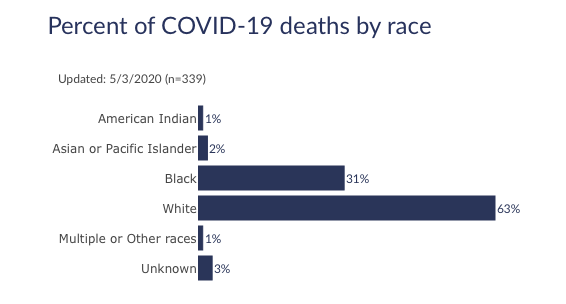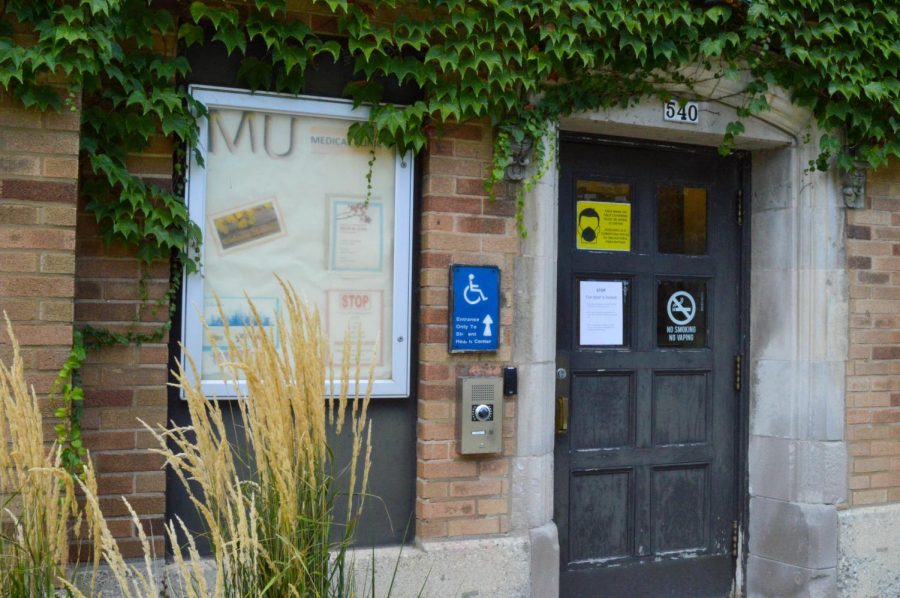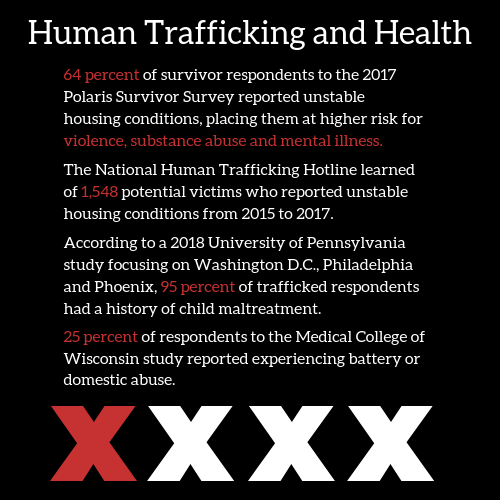
COVID-19 is an unique historical event in the sense that it respects no boundaries or borders, and because of that has been a naturally unifying force. While we are all affected by COVID-19 — whether it be via government-enforced restrictions or unavoidable global economic effects —there are communities that are affected worse than others. This fact is only made worse by the natural disparities in health care emphasized by our current health care system.
Because of the privatized health care system that we relied upon pre-COVID-19, low-income communities have been hit much harder than their high-income counterparts. This is because of a lack of financial means have caused low-income individuals to be unable to go to the hospital as many want to avoid paying high medical costs.
The current health care system, that essentially promotes the idea of people not being able to or not wanting to go to the hospital, is bad in and of itself. However, when this system has to face a global pandemic, the stakes get much higher and the ramifications get much worse.
In the United States, about 13.9% of people live in poverty. According to Human Rights Watch, a human rights advocacy organization, 21% of African Americans and 18% of Hispanics in the U.S. live in poverty. Comparing this to the 9.6% of white Americans who are living in poverty, it becomes clear that people of color in America are being hit harder by COVID-19.
Although African Americans make up 13% of the U.S. population, they make up about 34% of nationwide COVID-19 cases. In Wisconsin, Hispanics make up about 7% of the population, but account for 12% of COVID-19 cases in the state. These numbers are alarming and shed light on longstanding issues surrounding systemic racism and how it influences access to health care, wealth disparities and overall standard of living.
People of color and low-income individuals must be prioritized in the fight against COVID-19 as is showcased through the disparities in the current health care system as well as the disproportionally high number of cases in communities of color. This means an influx of tests, masks and medical attention needs to be funneled into these communities more so than others.
This only makes sense as the systemic inequalities in our health care system are what exacerbated this problem. As the effects of our current health care system are still felt through a lack of masks and tests in these communities, it warrants prioritizing them as a first step.
Additionally, we must prioritize these communities after the pandemic is over. Post-COVID 19, we need to reexamine who does and does not benefit from our health care system. It is unacceptable to leave such a large portion of our population — especially our people of color — at risk because of the current system we have. When COVID-19 is eliminated, those who are wealthy enough to access health care will enjoy the feeling of safety again, but people in low-income communities and people of color who live within them will always be at the mercy of this exclusive system that often ignores them.
The systemic racism and oppression of communities of color in America can no longer be tolerated. One of the ways this starts is by simply allowing affordable access to doctors and medicine for the whole population. The inherent value of life should be supported and preserved by the health care system, not exploited by it.
To simplify things, if one, in fact, does not believe that health and comfort should only be reserved for the wealthy among us, one then needs to advocate for a reconstruction of our health care that makes it more affordable and accessible. If this is not done, I fear that men, women and children will continue to die at the hands of this current system even when this pandemic is over.
This story was written by Beck Andrew Salgado. He can be reached at [email protected].






